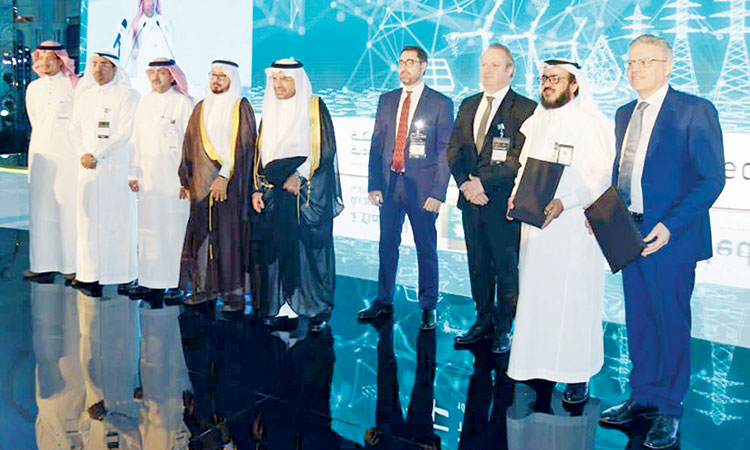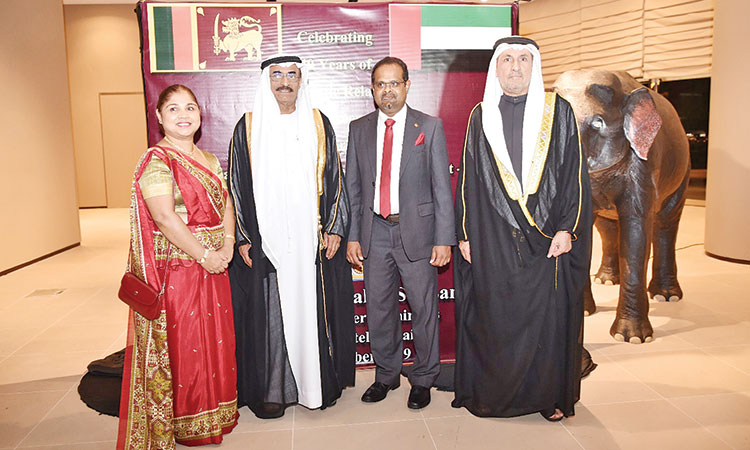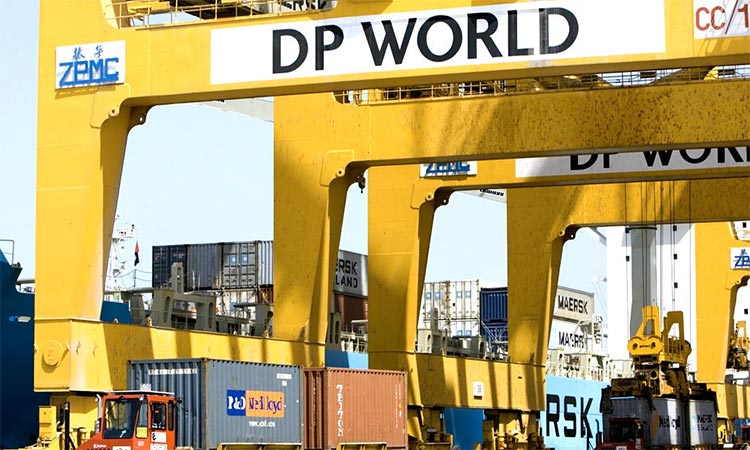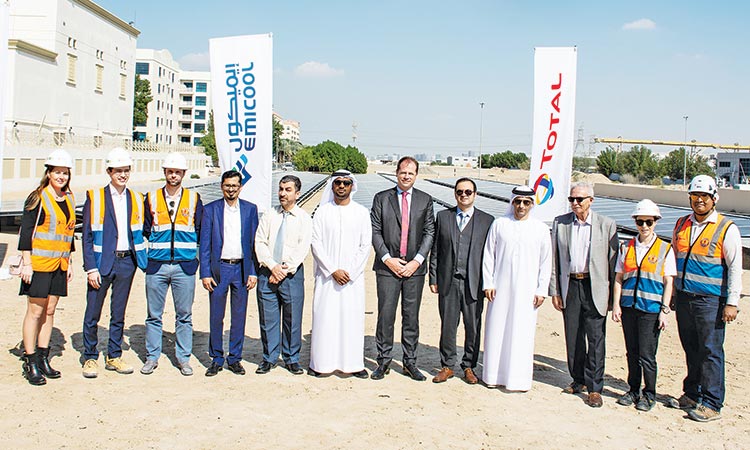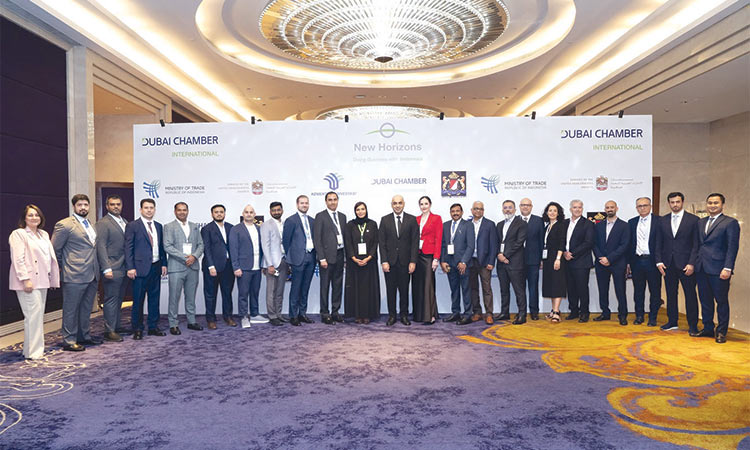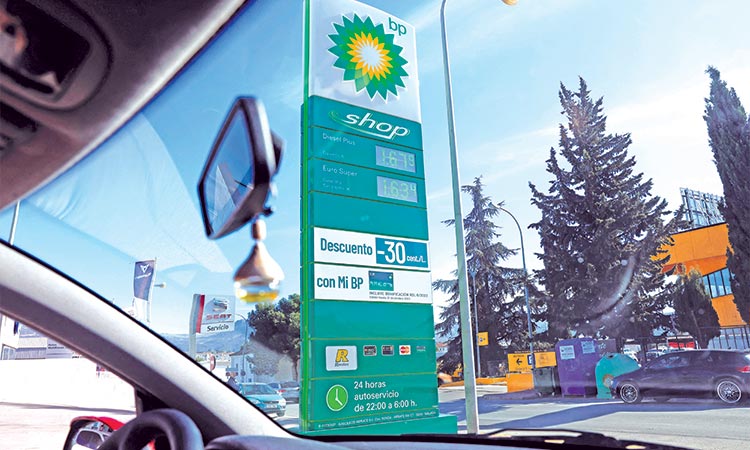UAE non-oil economy remains firmly in the expansion mode
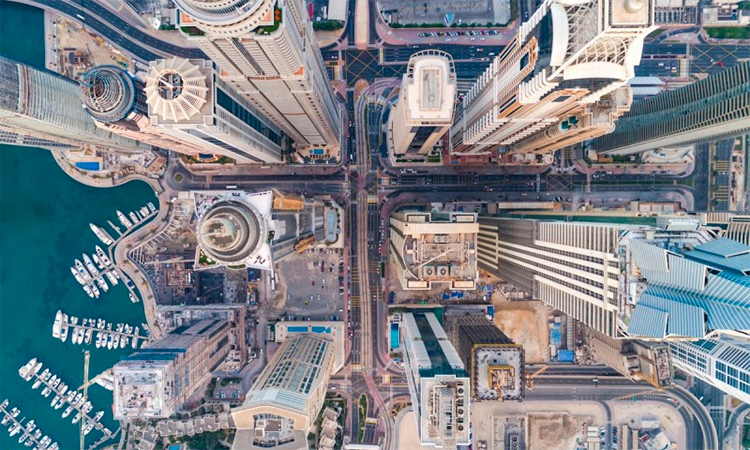
UAE firms reported strong rates of both customer demand growth and job creation.
Robust output growth was accompanied by another sharp uplift in sales.
Firms were again able to reduce their selling charges, with the latest price cut aided by a softer round of input cost inflation and sufficient inventory levels.
The seasonally adjusted S&P Global UAE Purchasing Managers’ Index (PMI) – a composite indicator designed to give an accurate overview of operating conditions in the non-oil private sector economy – dropped from 56.9 in June to 56.0 in July, but remained well above the 50.0 no-change mark and the series long-run average.
The reading indicated a sharp improvement in the health of the sector, supported by a marked expansion in output.
Despite slowing from June’s recent high, the rate of activity growth was considerable at the start of the third quarter, with approximately 30 per cent of survey respondents noting a rise in output from the previous month. This compared with less than 2 per cent that reported a fall.
Driving activity higher was an upturn in new orders, which continued to be boosted by strong customer demand and improving market conditions, according to survey panellists. However, growth eased since June — in fact, the 3.6-point drop in the respective index was one of the largest seen in the series history (since 2009).
Anecdotal evidence suggested that several firms faced greater competition which dampened sales in the process. New export orders were meanwhile broadly stagnant. Nonetheless, the overall sharp uplift in new orders provided firms with further impetus to expand their staffing levels, leading to a moderate rise in employment.
Despite this, there was a marked uptick in backlogs of work amid reports of demand pressure, project hold-ups and delays in client payments and shipments. The rise in backlogs was the sharpest recorded since March 2020.
David Owen, Senior Economist at S&P Global Market Intelligence, said: “The latest PMI data pointed to a slight recalibration of the strength of the UAE non-oil economy in July, as new business growth slowed from its four-year high in June and the output expansion subsequently lessened.”
“Nevertheless, the headline PMI reading of 56.0 showed that the sector remained in good health in general, with market conditions continuing to improve and firms reporting strong rates of both customer demand growth and job creation.
“With this in mind, firms were confident that activity levels will continue to grow, with optimism at its second-strongest level in just over a year. Boosting confidence was a softening of input cost pressures, which allowed firms to reduce their selling prices and expand stock holdings.”
“At the outset, the July findings signalled that the UAE non-oil sector will continue on its expansion path in the second half of this year. That said, the easing of sales growth was substantial and, if accelerated in future months, suggests that the demand boom could have reached its peak.”
Non-oil companies meanwhile saw a further improvement in supplier delivery times, linked to requests to vendors to speed up input arrivals. The improvement encouraged firms to increase input purchasing and inventories, although the rate of buying growth was the softest seen for four months.
Firms also reported an easing of cost pressures in July, as the rate of overall input price inflation softened to a three-month low and was only marginal.
Firms highlighted that lower commodity prices and freight costs helped to limit supplier price hikes, whilst salary pressures noticeably dissipated. This cooldown supported another round of price discounts in July.
Selling prices fell at a modest pace that was equal to June, as companies looked to provide special offers to clients as competitive pressures took their toll. Finally, output expectations for the year ahead were upbeat in July, climbing to the second-highest level in just over a year. Survey panellists often based growth forecasts on improving economic conditions, greater marketing and sales pipelines.
The S&P Global United Arab Emirates PMI is compiled by S&P Global from responses to questionnaires sent to purchasing managers in a panel of around 1000 private sector companies.
The panel is stratified by detailed sector and company workforce size, based on contributions to GDP. The sectors covered by the survey include manufacturing, construction, wholesale, retail and services.
Data were first collected August 2009.Survey responses are collected in the second half of each month and indicate the direction of change compared to the previous month. A diffusion index is calculated for each survey variable.
